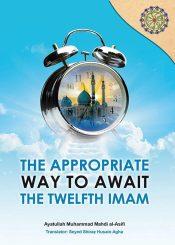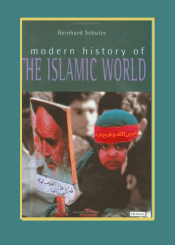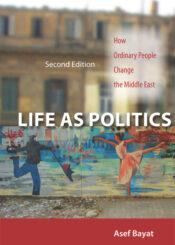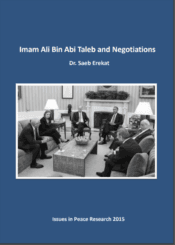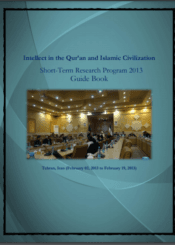Nuclear Fatwa Religion and Politics in Iran’s Proliferation Strategy
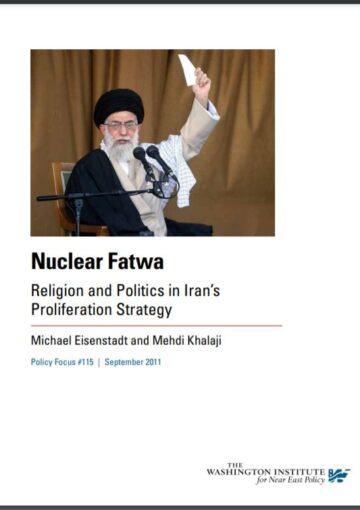
Nuclear Fatwa Religion and Politics in Iran’s Proliferation Strategy
Publisher :
Publication year :
2011
Publish number :
First
Publish location :
United States - America
Number of volumes :
1
(0 Votes)
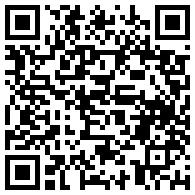
(0 Votes)
Nuclear Fatwa Religion and Politics in Iran’s Proliferation Strategy
Few policy debates illustrate the intersection of religion and strategic calculation as vividly as the question of nuclear weapons in Iran. Nuclear Fatwa: Religion and Politics in Iran’s Proliferation Strategy examines how religious rulings interact with state security doctrine.
About the Book Nuclear Fatwa: Religion and Politics in Iran’s Proliferation Strategy analyzes the role of religious decrees in shaping Iran’s nuclear policy. The book investigates the claim that a religious ruling prohibits the development and use of nuclear weapons, situating this assertion within broader strategic and diplomatic contexts. It evaluates how religious legitimacy intersects with international law, deterrence theory, and non-proliferation negotiations. Rather than treating the issue as purely theological or purely strategic, the work demonstrates how normative commitments and security calculations can operate simultaneously within state policy. The book also explores external skepticism, examining how global actors interpret and respond to religiously framed policy positions.
What You Will Discover
- The concept of religious rulings within political decision-making.
- Strategic dimensions of nuclear deterrence and non-proliferation.
- Interaction between ideology and security policy.
- International responses to religiously grounded policy claims.
- Broader implications for religion in statecraft.
About the Author The author approaches the subject through security studies and political analysis, integrating doctrinal discussion with strategic assessment. The work emphasizes evidence-based evaluation.
Who Is This Book For? This book is for students of international security, Middle Eastern politics, nuclear policy, and the study of religion in international affairs.

